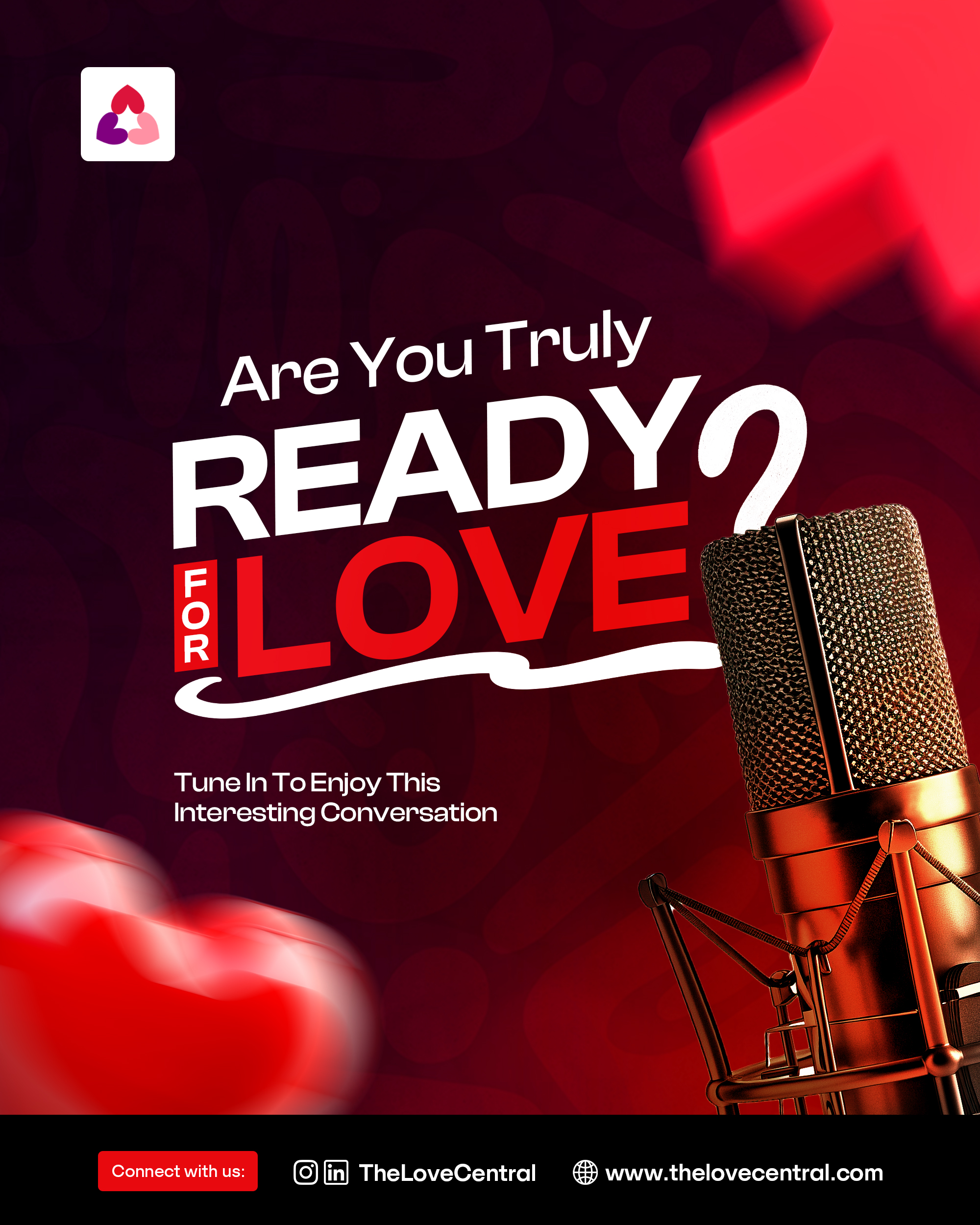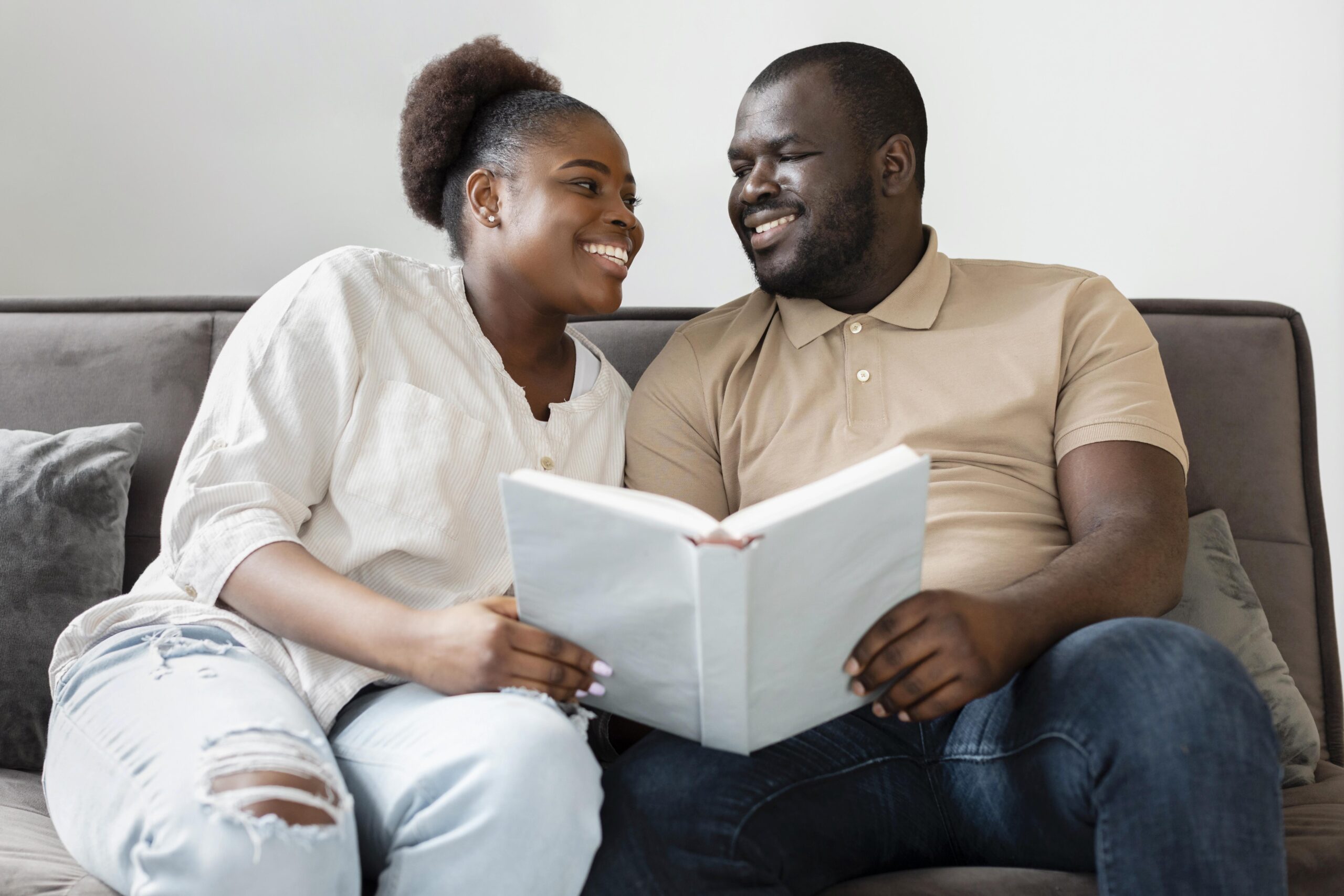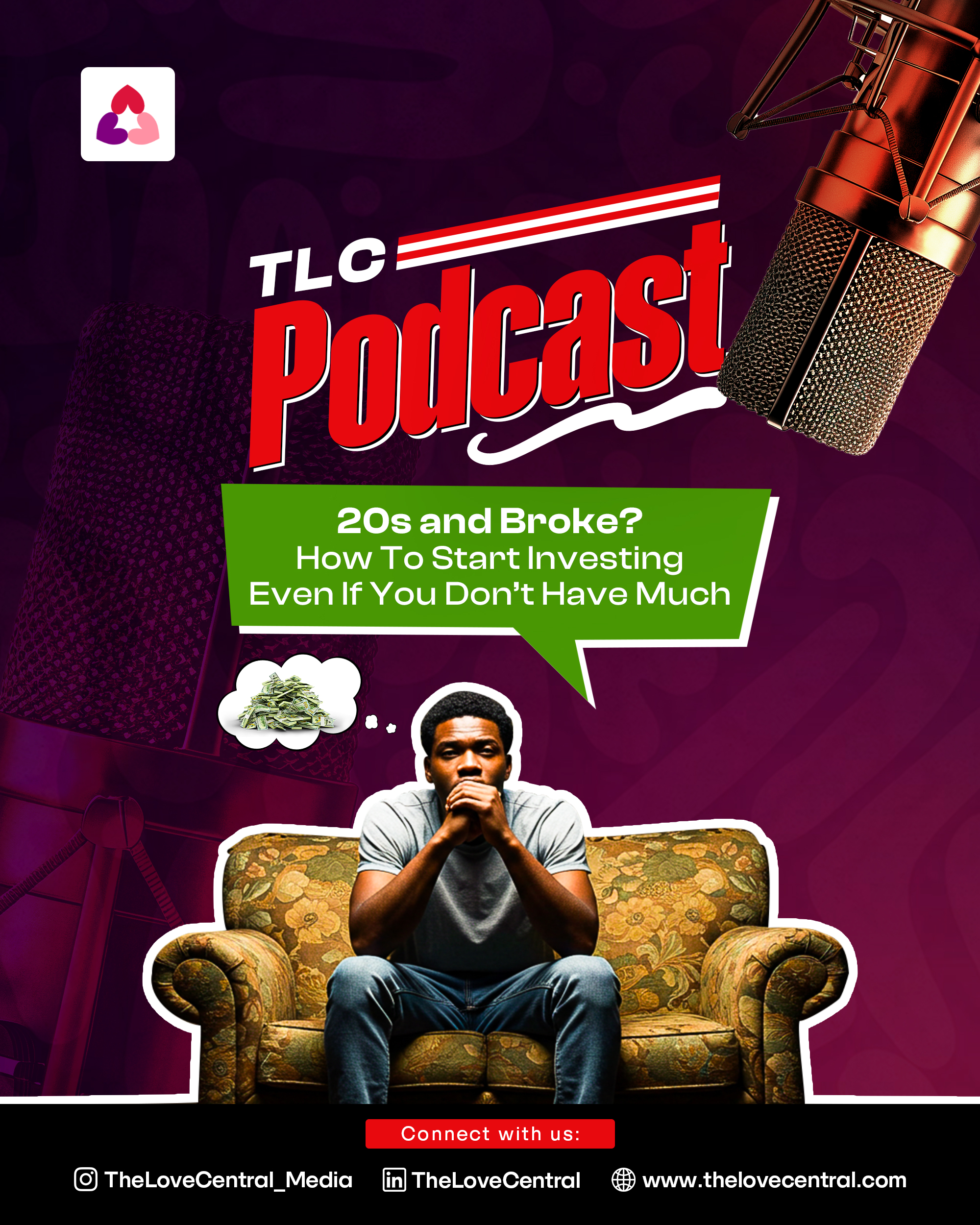Breakups are emotionally taxing because they touch the core of human attachment. According to psychologist John Bowlby’s Attachment Theory, our bonds with partners are powerful; losing them can trigger the same neural pathways associated with physical pain. That’s why breakups often feel emotional and physical too because your brain reacts as if you’ve been injured.
Healing is possible with time and intentional steps. You can regulate your emotions, rediscover your identity, and prepare for healthier connections in the future.
This guide explores how, backed by psychology, including the role of no-contact, personal rediscovery, and readiness for dating again.
1. Allow Yourself to Grieve
Grief after a breakup mirrors the stages described by psychiatrist Elisabeth Kübler-Ross: denial, anger, bargaining, depression, and acceptance. While not everyone moves through these in order, recognizing them helps normalize the experience.
- Emotional regulation: Suppressing feelings leads to “emotional avoidance,” which research shows often intensifies distress later
- Social sharing: Talking about your pain activates the brain’s prefrontal cortex, which helps calm the amygdala (the emotional center). Research on affect labeling supports this effect.
Instead of rushing through pain, give yourself space to grieve as it’s the first step toward true healing.
2. The Importance of No-Contact
The no-contact rule is strongly supported by neuroscience. A 2010 study using fMRI scans by Fisher et al. found that seeing photos of an ex activates the same brain regions linked to addiction cravings. Every text or social media check reopens the wound.
- Why it works: Cutting off communication allows your brain’s reward system (dopamine circuits) to stabilize.
- Psychological distancing: Cognitive Behavioral Therapy (CBT) emphasizes avoiding triggers to break negative thought loops.
If you must communicate (co-parenting, work), stick to “instrumental contact”—just logistics, no emotional talk.
3. Rediscovering Your Personal Identity
Relationships often blur personal boundaries. Psychologists Arthur & Elaine Aron’s Self-Expansion Model shows how love merges self-concepts. When it ends, people often feel like they’ve lost themselves.
How to rebuild:
Reengage in hobbies: When a relationship ends, it’s common to feel like you’ve lost your sense of rhythm and purpose. Activities that create “flow” states reduce rumination and boost happiness.
Novelty & learning: Neuroscience research shows that novelty sparks the release of dopamine, the “feel-good” neurotransmitter, which boosts motivation and mood.
At the same time, engaging in new learning promotes neuroplasticity, the brain’s ability to form new neural connections. This is crucial after a breakup, because your brain has likely formed strong associations with your ex in daily life.
Routine reset: Our environments and routines are full of emotional “cues.” Maybe your Sunday mornings were always for brunch with your ex, or evenings meant video calls.
Behavioral psychology explains that cues trigger associations, which can intensify feelings of loss when the routine is broken. It shows changing daily cues reduces painful reminders.
Mindful self-care: Breakups often trigger stress responses in the body, releasing cortisol, the stress hormone. Prolonged stress can affect sleep, appetite, and emotional balance.
This is where mindfulness and self-care become powerful tools. Practices such as meditation, deep breathing, yoga, or even mindful walking lower cortisol levels and activate the parasympathetic nervous system, which promotes relaxation and recovery.

4. Reframing the Story
After a breakup, it’s easy to get stuck in negative thinking. You might tell yourself things like “I wasted years” or “I’ll never find love again.” In psychology, these are called cognitive distortions, patterns of thinking that make situations feel worse than they really are.
To heal, try cognitive restructuring, which simply means changing the way you talk to yourself about the breakup. Instead of saying “I wasted years,” you could reframe it as “Those years taught me what I want and don’t want in a relationship.” This shift doesn’t erase the pain, but it helps you see value in the experience.
Positive psychology research by Martin Seligman also shows that practicing gratitude, even for small things can help your brain focus on growth instead of loss. For example, you might be grateful for the lessons learned, the strength you gained, or the friendships that supported you.
5. Strengthening Your Support Network
One of the most powerful ways to heal after a breakup is by leaning on others. Psychology shows that social support acts like a buffer that helps protect you from stress and lowers the risk of falling into depression.
When you spend time with people who care about you, your body releases oxytocin, often called the “bonding hormone.” This naturally reduces stress and makes you feel calmer and more connected.
Researchers Baumeister and Leary also found that humans have a deep need to belong. In other words, we’re wired to feel healthier and happier when we have strong social ties.
That’s why it helps to reconnect with friends and family, join new groups, or even consider therapy. Whether it’s laughing with loved ones or sharing honestly with a professional, these connections remind you that you’re not alone, and that support can speed up your recovery.
6. When to Consider Dating Again
Rebound relationships are often a form of avoidance coping, distracting from pain rather than healing. But dating again can be healthy if approached with readiness.
Psychology-based signs you’re ready:
- You no longer feel overwhelming emotional spikes when thinking of your ex.
- You’ve rebuilt your self-concept
- You want companionship, not a bandage.
When dating again, consider mindful dating practices: slowing down, staying self-aware, and focusing on connection, not just filling a void.
7. Moving Forward with Self-Compassion
When a relationship ends, it’s easy to be hard on yourself and fall into self-blame. But research by Dr. Kristin Neff shows that practicing self-compassion, being kind to yourself in moments of pain, can reduce depression, anxiety, and harsh self-criticism.
Instead of saying to yourself, “I wasn’t enough,” try shifting the inner dialogue to something gentler, like: “This hurts right now, but I’m learning and growing through it.”
Self-compassion doesn’t take the pain away overnight, but it changes how you carry it. It allows you to move forward with patience, strength, and the reminder that healing is not about perfection and progress.
Conclusion
Healing after a breakup is not a straight line, it’s a winding journey of emotions, rediscovery, and growth. Some days will feel heavier than others, and that’s okay; grief comes in waves.
But with time, distance, and compassion, the pain that once felt unbearable slowly softens into perspective. You begin to see yourself not as broken, but as someone who has loved deeply, learned bravely, and is now becoming stronger than before.
A breakup may close one chapter, but it also opens the door to a fuller version of yourself one rooted in self-understanding, resilience, and the quiet confidence that love, in its right time and form, will find you again.








